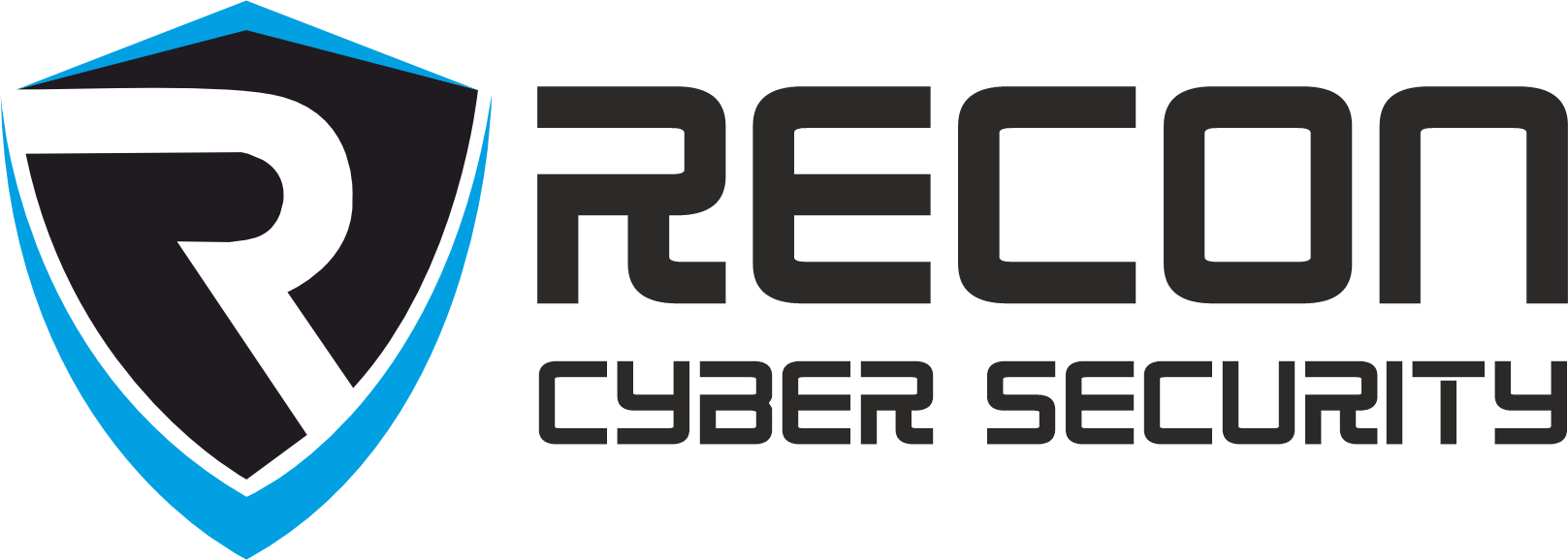Discover why security validation is a non-negotiable pillar in safeguarding your digital assets. Learn how cyber security courses and certifications can equip you with the knowledge to implement these essential practices.
Understanding Security Validation: What It Is and Why It Matters
Security validation is a critical defense mechanism in the broader cybersecurity landscape. It involves rigorously testing and verifying that security measures are in place and effectively deterring potential threats. This proactive approach ensures that vulnerabilities are identified and mitigated before malicious actors can exploit them, thereby fortifying an organization’s digital fortresses.
The importance of security validation cannot be overstated. It is an essential process that supports the continuous improvement and resilience of security systems. As cyber threats evolve in complexity and sophistication, regular validation activities become paramount in maintaining robust defense capabilities. For those looking to specialize, enrolling in a cyber security course in Delhi or taking cyber security certifications online can provide the necessary skills.
Backgrounder: ASV Delivers a Comprehensive View
Automated Security Validation (ASV) provides organizations with a comprehensive perspective on their cybersecurity posture. By utilizing cutting-edge tools and methodologies, ASV systematically evaluates security controls against known threat vectors and simulations of real-world attack scenarios.
The insights gained from ASV enable organizations to understand their security strengths and weaknesses at a granular level. This level of detail is crucial for informed decision-making and strategic security planning, ensuring that resources are allocated effectively to bolster defenses. For professionals aiming to deepen their understanding, cyber security courses in Delhi or cyber security classes can be invaluable.
Key Techniques in Security Validation: Ensuring Thorough Coverage
Various techniques underpin the thoroughness of security validation efforts. These include penetration testing, which simulates cyber attacks to test the resilience of systems, and red team exercises that provide a real-world adversary perspective. Other techniques include code reviews, vulnerability assessments, and compliance checks, which together create a multifaceted approach to validating security.
Ensuring thorough coverage through these techniques means leaving no stone unturned. Security teams must consider every possible entry point an attacker might exploit and validate that existing controls are effective. This comprehensive approach to security validation helps keep organizations one step ahead of attackers. Enrolling in the best cyber security institute in Delhi can help aspiring professionals master these techniques.
How ASV Fits into CTEM
Within the Cybersecurity Threat Exposure Management (CTEM) framework, Automated Security Validation (ASV) plays a pivotal role. It fits into the ‘Test’ phase, where security measures are rigorously evaluated for effectiveness. ASV’s automation capabilities enable continuous and consistent testing, which is critical given the dynamic nature of cyber threats.
The integration of ASV into CTEM ensures that threat exposure is actively managed and that security postures are not static. By continuously validating security controls, organizations can adapt to emerging threats and maintain a resilient defense posture. Those interested in mastering this process can benefit from cyber security training and cyber security courses online.
The Impact of Regular Security Validation on Organizational Safety
Regular security validation profoundly impacts organizational safety. It provides assurance that protective measures are functioning as intended and helps to uncover hidden vulnerabilities. This ongoing process supports a proactive security strategy, reducing the risk of breaches and minimizing the potential impact of cyber attacks.
The organizational benefits of regular security validation extend beyond technical improvements. It helps foster a culture of security awareness and accountability, as stakeholders across the organization become more engaged in upholding security best practices. For comprehensive knowledge, consider joining the best cyber security institute or pursuing cyber security certifications.
ASV – Putting the “V” in CTEM’s 4th Step, Validation
The ‘V’ in the fourth step of CTEM, Validation, is where ASV asserts its importance. Validation is the capstone in the CTEM process, serving as a final check to ensure that all previous steps—Characterize, Threat Model, and Eliminate—are effective. ASV provides the tools and frameworks necessary for this critical evaluation.
By embodying the ‘V’ in Validation, ASV completes the CTEM cycle, enabling organizations to have confidence in their cybersecurity measures. It guarantees that efforts invested in characterizing the digital environment, modeling potential threats, and eliminating vulnerabilities are validated against real-world criteria.

Challenges and Best Practices in Implementing Security Validation
Implementing security validation is not without its challenges. Organizations may encounter resource limitations, skill gaps, or resistance to change that can impede the adoption of comprehensive security validation practices. Overcoming these challenges requires a strategic approach, including investing in training, utilizing automation, and fostering a top-down commitment to cybersecurity.
Best practices in implementing security validation involve regular training, adopting scalable validation tools, and integrating validation processes into the software development lifecycle. Additionally, fostering clear communication and collaboration among security teams and stakeholders is crucial for effective implementation. Pursuing cyber security certifications online can help bridge skill gaps and ensure that your team is well-prepared.
Future Trends in Security Validation: Staying Ahead of Threats
As cybersecurity threats continue to evolve, so must the practices of security validation. Future trends may include increased automation, the integration of artificial intelligence for predictive analytics, and the use of machine learning to uncover patterns in attack methods. This advancement in validation techniques will enable organizations to preemptively address threats before they manifest.
Staying ahead of threats also means adapting to the changing landscape of regulations and compliance standards. Security validation will increasingly need to account for new data protection laws and industry-specific security requirements, ensuring that organizations not only maintain a strong defense but also comply with evolving legal obligations. Cyber security courses in Delhi can provide insights into these evolving trends, helping professionals stay ahead.
Additional Keywords Integration:
In today’s rapidly evolving digital landscape, acquiring the right skills through cyber security courses in Delhi or cyber security training is essential for staying ahead of threats. The best cyber security institute in Delhi offers comprehensive programs that cover everything from security validation to advanced penetration testing. These courses provide hands-on experience with tools like Automated Security Validation (ASV), ensuring that participants are well-equipped to tackle real-world challenges.
Moreover, for those unable to attend in-person classes, cyber security courses online provide flexibility and accessibility. These courses often lead to cyber security certifications online, which are highly regarded in the industry. Obtaining these certifications can significantly enhance your career prospects, proving your expertise in crucial areas like the Cybersecurity Threat Exposure Management (CTEM) framework.
By integrating cyber security classes into your learning journey, you can ensure a thorough understanding of security validation techniques. Whether you’re looking to advance your career or simply protect your organization’s digital assets, investing in the best cyber security institute and pursuing top-tier certifications will provide a solid foundation for success.

